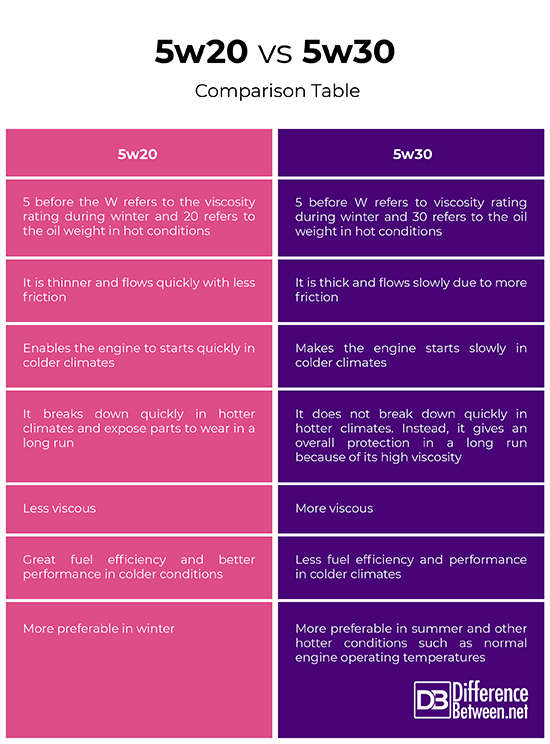Engine oil is a vital component in any vehicle’s engine. It serves multiple purposes and plays a crucial role in maintaining the engine’s performance and longevity. In this blog post, we will explore why engine oil is used and the benefits it provides.
1. Lubrication:
The primary function of engine oil is to lubricate the moving parts of the engine. As the engine operates, various components such as pistons, crankshafts, and camshafts move and come into contact with each other. Without proper lubrication, these metal parts would create friction, leading to wear and tear. Engine oil forms a thin film between these parts, reducing friction and ensuring smooth operation. This lubrication helps prevent premature engine failure and extends the engine’s lifespan.
2. Heat Dissipation:
Another crucial role of engine oil is to dissipate heat generated during the combustion process. As the engine runs, it produces a significant amount of heat that needs to be regulated to prevent overheating. Engine oil acts as a coolant, absorbing and carrying away excess heat from the engine components. This helps maintain optimal operating temperatures and prevents damage caused by overheating.
3. Cleaning:
Engine oil also plays a vital role in keeping the engine clean. As it circulates through the engine, it picks up dirt, debris, and other contaminants. The oil contains detergents and dispersants that help suspend these particles and prevent them from settling on engine surfaces. When the oil is drained during an oil change, it takes away these contaminants, ensuring the engine remains clean and free from harmful deposits.
4. Corrosion Protection:
Engine oil provides a protective barrier against corrosion and rust. The oil forms a thin film on metal surfaces, preventing exposure to oxygen and moisture, which are the main causes of corrosion. This protection helps maintain the integrity of the engine components and prevents premature wear and failure.
5. Seal Conditioning:
Engine oil also helps condition and maintain the integrity of the various seals in the engine. Over time, seals can dry out and become brittle, leading to oil leaks and decreased engine performance. The oil’s additives help keep these seals pliable and prevent oil leaks, ensuring proper sealing and optimal engine performance.
6. Fuel Efficiency:
Using the right engine oil can also contribute to improved fuel efficiency. The oil’s viscosity plays a crucial role in reducing friction and drag within the engine. Optimal viscosity levels can help the engine operate more efficiently, reducing fuel consumption and emissions.
7. Noise Reduction:
Engine oil also helps dampen engine noise by providing a cushioning effect between moving parts. This results in a quieter and smoother engine operation, enhancing the overall driving experience.
Conclusion:
In conclusion, engine oil is used for a variety of reasons, all of which contribute to the proper functioning and longevity of the engine. From lubrication and heat dissipation to cleaning and corrosion protection, engine oil plays a vital role in maintaining the engine’s performance. It is essential to choose the right type of oil and adhere to the recommended oil change intervals to ensure optimal engine health and efficiency. By understanding the importance of engine oil, vehicle owners can take the necessary steps to protect their engines and enjoy a smooth and reliable driving experience.
Read More: Where Engine Oil is Used?


